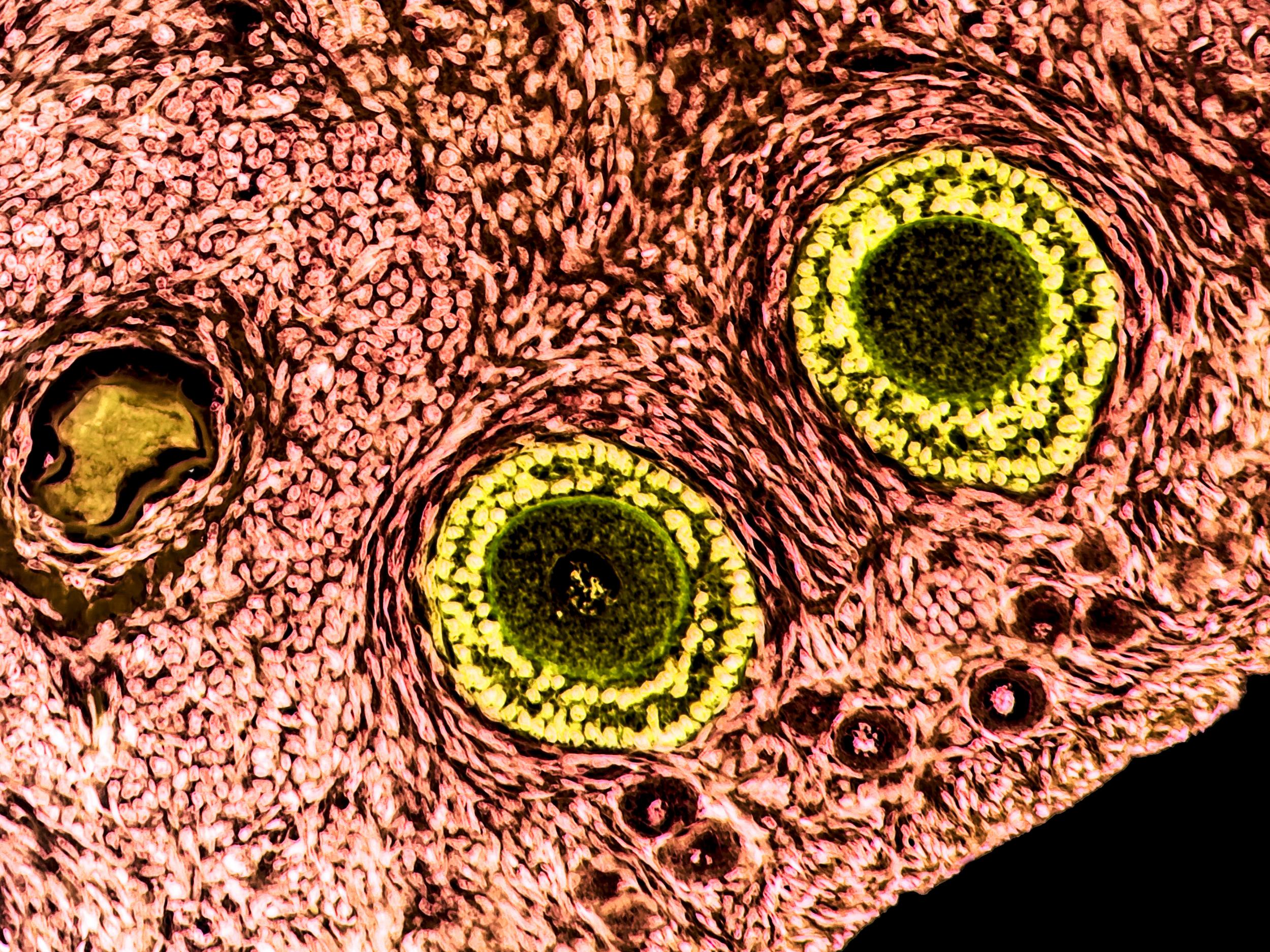Ovarian cancer death rate falls 17% in five years, study finds
Researchers say the substantial declines are down to the usage of oral contraceptives

Deaths from ovarian cancer in Britain will be 17 per cent lower this year than in 2017 amid increased use of oral contraceptives, according to new research.
A study published in the Annals of Oncology also predicts death rates from the disease will be seven per cent lower across European Union (EU) nations.
Researchers at the University of Milan in Italy say the substantial declines are down to the usage of oral contraceptives. The report also believes oral contraception explains disparities in case rates between nations.
Ovarian cancer is one of the most common types of cancer in women – with the NHS saying around half of women with the disease will live for at least five years after diagnosis, while around one in three will live at least a decade.
Annwen Jones OBE, Target Ovarian Cancer’s chief executive, said: “We can be cautiously optimistic about this news. However, whereas ovarian cancer death rates are falling in the UK, our survival rates still lag behind, and numbers diagnosed are set to increase because of an ageing population.
“We now need to see a major increase in investment in ovarian cancer research. 11 women still die every day in the UK and we urgently need to find better ways to detect the disease earlier and develop new treatments.”
Some 4,000 will die from ovarian cancer in the UK this year, while 26,500 women will lose their lives from ovarian cancer in EU nations, the report predicts.
Professor Carlo La Vecchia, who led the research, said: “The earlier and greater use of oral contraceptives in the UK than in most EU countries for generations of women born since the 1930s has a major role in these trends.
“In Italy, Spain, Poland etc, oral contraceptives were made available considerably later, and hence the favourable trends in these countries started later and are smaller.”
Professor La Vecchia noted long-term usage of oral contraceptives curbs the risk of ovarian cancer by 40 per cent in middle-aged and elderly women.
She added: “Other factors may also be partially responsible, such as a reduced use of hormone replacement therapy.
“Improvements in diagnosis, surgery and the use of better treatments, such as platinum-based drugs in the 1980s, taxanes in the 1990s and more recently, gemcitabine, intraperitoneal chemotherapy, possibly bevacizumab, and PARP inhibitors for women with BRCA mutations, may all contribute to improved survival.
“However, these factors are minor compared to the long-term protective effect of oral contraceptives. We expect these favourable trends in ovarian cancer deaths to continue.”
Researchers noted Britain had the highest death rate in Europe at almost nine per 100,000 back in the 1970s but this sharply fell afterwards.
Each year, there are roughly 7,500 new ovarian cancer cases in the UK – with around 4,000 deaths taking place annually. Two-thirds are diagnosed with the disease once the cancer has already spread, which makes it more difficult to treat and increases the likelihood of it returning.


Join our commenting forum
Join thought-provoking conversations, follow other Independent readers and see their replies
Comments